How much are you worth ?
This is a question that arises among the professional cycling fraternity at this time of year . Some riders are trying to negotiate new multi-million euro contracts whilst others are just trying to survive another year in the pro peloton . The minimum wage for a pro tour rider is €33,000 whilst a new pro can start out on just €23,000 .
The team budgets vary significantly with Katusha leading the way in 2009 with €15 million . However this does not guarantee the best results as Garmin slipstream have illustrated with a paltry spend of just €6 million .
Below is a breakdown of the budget of each team in this years tour ;
AG2R – La Mondialle €7.3 million
Astana €13 million
Agritubel €3.5 million
BBox €7 million
Caisse D’Epargne €7 million
Cervelo €8 million
Cofidis €8 million
Euskatel-Euskadi €5.5 million
Francaise de jeux €6.5 million
Garmin Slipstream €6 million
Lampre €6.5 million
Liquigas €6 million
Quick Step €9.5 million
Rabobank €10 million
Silence -Lotto €7.5 million
Skil Shimano €4 million
Team Columbia €14 million
Team Katusha €15 million
Team Milram €7 million
Team Saxo Bank €7 million
As can be seen from above , there is a huge gap between certain teams . Whilst Katusha were able to pay Gert Steegmans €1 million this year with very little return for their money their executives were still able to make their presence felt at the tour . On a number of occasions riders were awoken between 2 and 4 am to a thunderous roar in the hotel car park . A Bugatti Veyron was part of the teams entourage . A car which cost more than Steegmans but which was also a lot harder to park in a tight hotel parking space .
Garmins team manager Jonathan Vaughters estimates that the publicity generated by the teams performances this year was worth almost €100 million in advertising to the sponsors which makes the team excellent value for money.
But what about the riders . Whilst Contador , Valverde , Cavendish and a few others are earning millions , many guys who train just as hard and travel just as much are only earning a basic factory wage . This is where a certain amount of objectivity is required on the part of the rider . Whilst he may be doing what he loves to do , what happens at age 32 or 34 or 36 when he can no longer secure a contract . He is basically back to the level of a school lever in the employment market . And if this in itself was not difficult enough , imagine the culture shock that occurs when you are forced to leave the bubble of travelling around to different parts of the world each week to races in the company of a group of your mates for 10 or 12 years and then having to face into a 5 mile commute to a factory each dayfor the rest of your life .
Some riders are financially secure when they retire but the majority are back out in the job market the day they hang up their wheels . Compare this to a soccer player who can be set for life after just one season with a premiership club .
So , whilst professional cycling has come a long way from the days of a rider being lucky to get his bike and a few jerseys upon turning ‘pro’ it still has a long way to go before it reaches the level of many other sports which require much less effort for far greater reward .
Barry

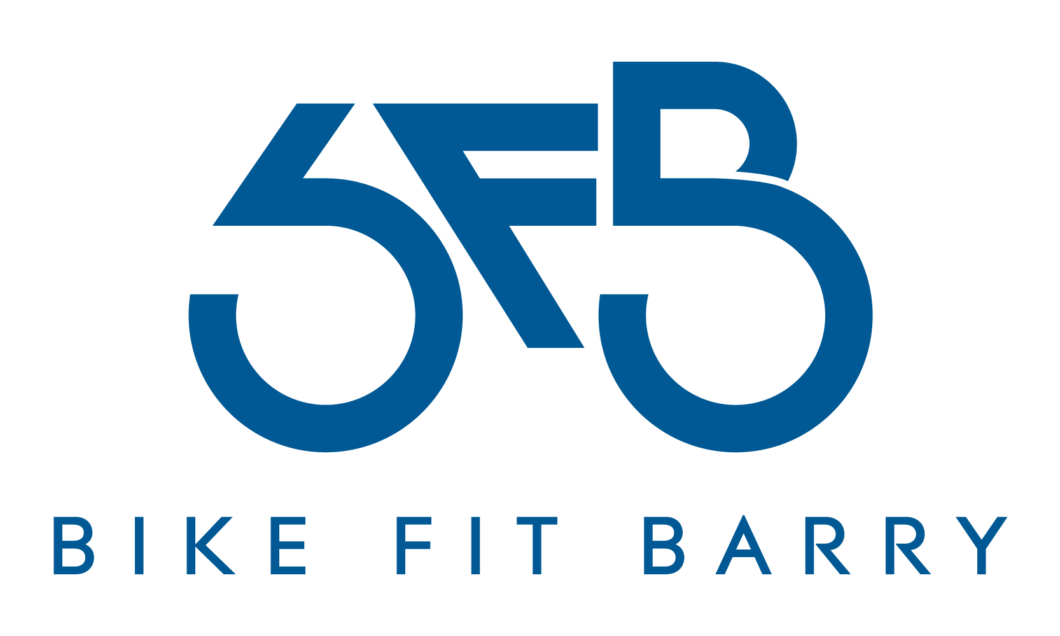
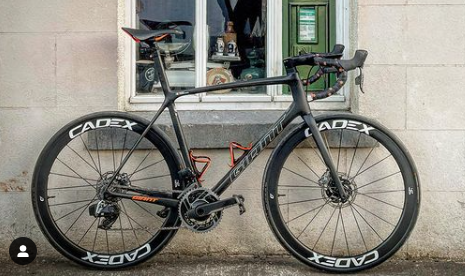

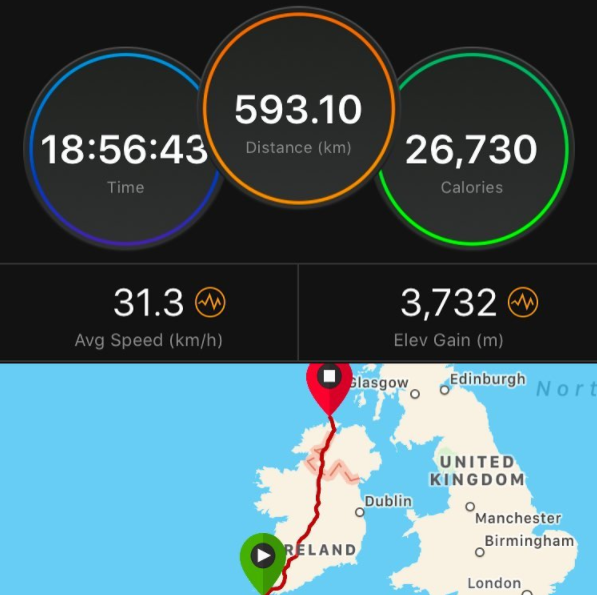
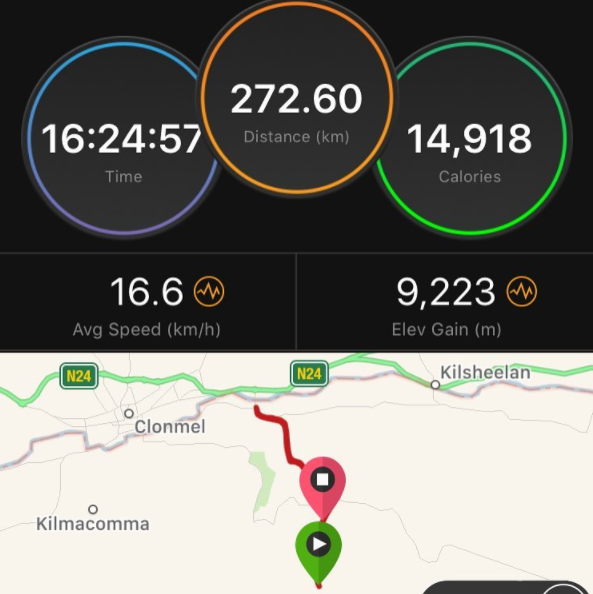
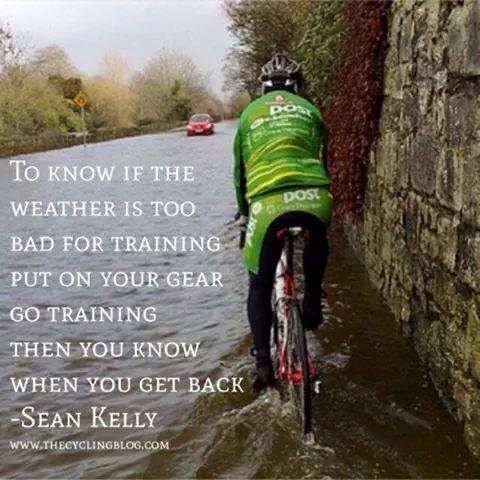
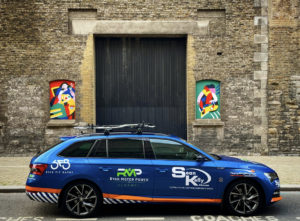
2 COMMENTS
Michael Kelly
Its time these riders got themselfs into a union , or like the pro. soccer players get themselfs organised with a good agent and refuse to ride until its sorted with a proper wage for all pros,
Darren Byrne
Michael is spot on with his comments.
A good example of riders taking a stand was seen during this years Giro, when they refused to race a dangerous crit circuit. But unfortunately they were ridiculed by fans and organisers a like. A riders safety is primarily his own responsibility, SO IF THE RIDER HAS A VALID CONCERN HE IS ENTITLED BY LAW TO BRING THIS TO THE ATTENTION OF THE ORGANISER OF THE EVENT.
The riders need a strong voice to act on their behalf, perhaps Mr. Armstrong would be the appropriate individual. Do what Michael Schumacher did for safety in f 1, constant proactive involvement.